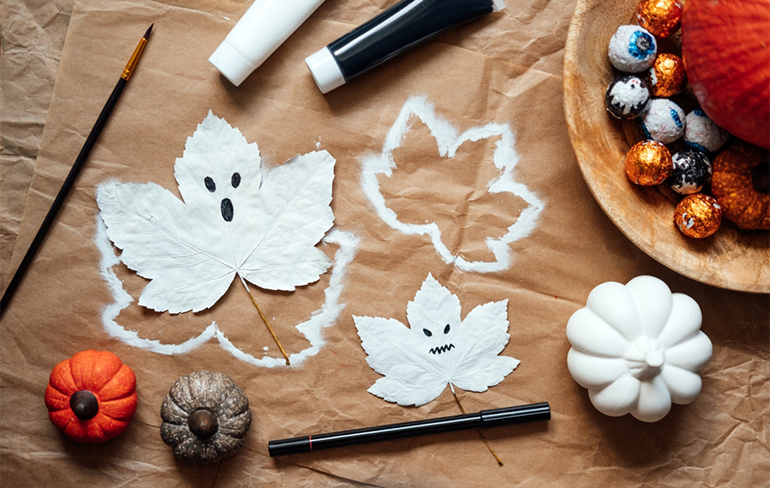It’s the season of giving more than just gifts. Presents are more than just the contents inside and can be valuable not only to the receiver. Gift-giving may seem like a natural gesture, but it has social, psychological, and emotional effects. Let’s unwrap the impacts and the significance behind the tradition of giving.
The Science of Generosity
Science has shown that giving affects not only your mental health but your physical health as well. The Cleveland Clinic reports that gift-giving can lower blood pressure, increase self-esteem, and even lower depression. The acts of generosity release endorphins in the brain, such as dopamine, oxytocin, and serotonin, creating a “helper’s high.”
Social Bonds and Empathy
Giving is often linked with empathy, compassion, and connection. Offering gifts with a significant meaning or items that resonate with the recipient solidifies a sense of connection. This connection helps us understand and feel what others might be experiencing, fostering stronger relationships based on care and understanding.
Personal Fulfillment and Well-being
Contrary to selfish tendencies driving generosity, giving provides a sense of fulfillment. Whether it’s donating to a cause, volunteering time, or simply offering a helping hand, giving enhances a sense of purpose, boosting mental and emotional well-being. This fulfillment often stems from the joy of making a positive difference in someone else’s life, adding meaning and happiness to our own.
Generosity and Reciprocation
Generosity tends to be contagious. When people witness acts of kindness or generosity, they’re more inclined to pay it forward. Giving back often creates a positive cycle, encouraging further acts of kindness and reinforcing a sense of community. This ripple effect of compassion strengthens relationships and builds a more supportive environment for everyone involved.
Overcoming Barriers to Giving
Even with all the positives of giving, there are many reasons we may hesitate to give, like overthinking what to get, worried about what the other person may think, or there may be financial or time constraints. Overcoming these barriers often involves cultivating a giving mindset and understanding that even small acts of kindness can make a big difference. Creating a supportive environment that values and celebrates generosity helps dissolve doubts and encourages more people to participate in acts of kindness, regardless of their scale or resources.
In summary, the psychology behind giving goes beyond simple kindness. It’s a natural part of who we are, affecting both the giver and the receiver in significant ways. Enjoying the feeling of being generous doesn’t just help society—it also makes each person feel better, making the world a friendlier and more understanding place. Remember that giving, in its simplest form, can create a ripple effect of positivity and kindness.





